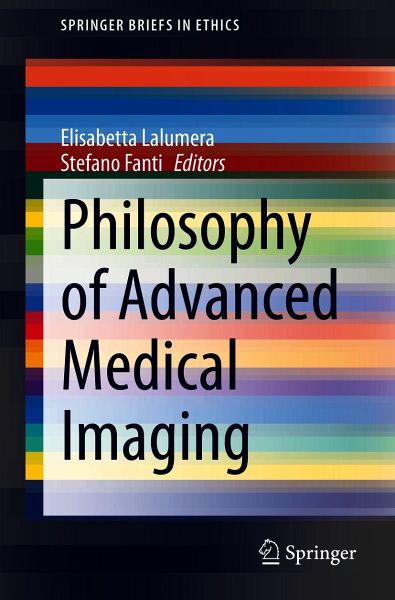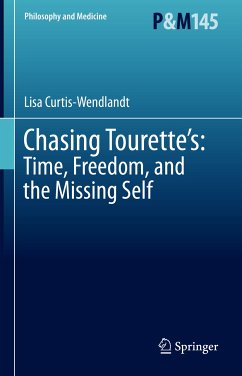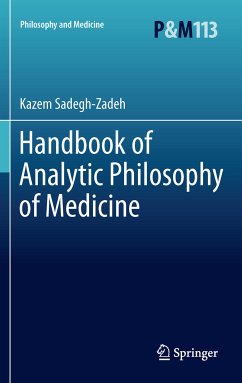
Philosophy of Advanced Medical Imaging (eBook, PDF)
Versandkostenfrei!
Sofort per Download lieferbar
52,95 €
inkl. MwSt.
Weitere Ausgaben:

PAYBACK Punkte
26 °P sammeln!
This is the first book to explore the epistemology and ethics of advanced imaging tests, in order to improve the critical understanding of the nature of knowledge they provide and the practical consequences of their utilization in healthcare. Advanced medical imaging tests, such as PET and MRI, have gained center stage in medical research and in patients' care. They also increasingly raise questions that pertain to philosophy: What is required to be an expert in reading images? How are standards for interpretation to be fixed? Is there a problem of overutilization of such tests? How should unc...
This is the first book to explore the epistemology and ethics of advanced imaging tests, in order to improve the critical understanding of the nature of knowledge they provide and the practical consequences of their utilization in healthcare. Advanced medical imaging tests, such as PET and MRI, have gained center stage in medical research and in patients' care. They also increasingly raise questions that pertain to philosophy: What is required to be an expert in reading images? How are standards for interpretation to be fixed? Is there a problem of overutilization of such tests? How should uncertainty be communicated to patients? How to cope with incidental findings? This book is of interest and importance to scholars of philosophy of medicine at all levels, from undergraduates to researchers, to medical researchers and practitioners (radiologists and nuclear physicians) interested in a critical appraisal of the methodology of their discipline and in the ethical principles andconsequences of their work.
Dieser Download kann aus rechtlichen Gründen nur mit Rechnungsadresse in A, B, BG, CY, CZ, D, DK, EW, E, FIN, F, GR, HR, H, IRL, I, LT, L, LR, M, NL, PL, P, R, S, SLO, SK ausgeliefert werden.












